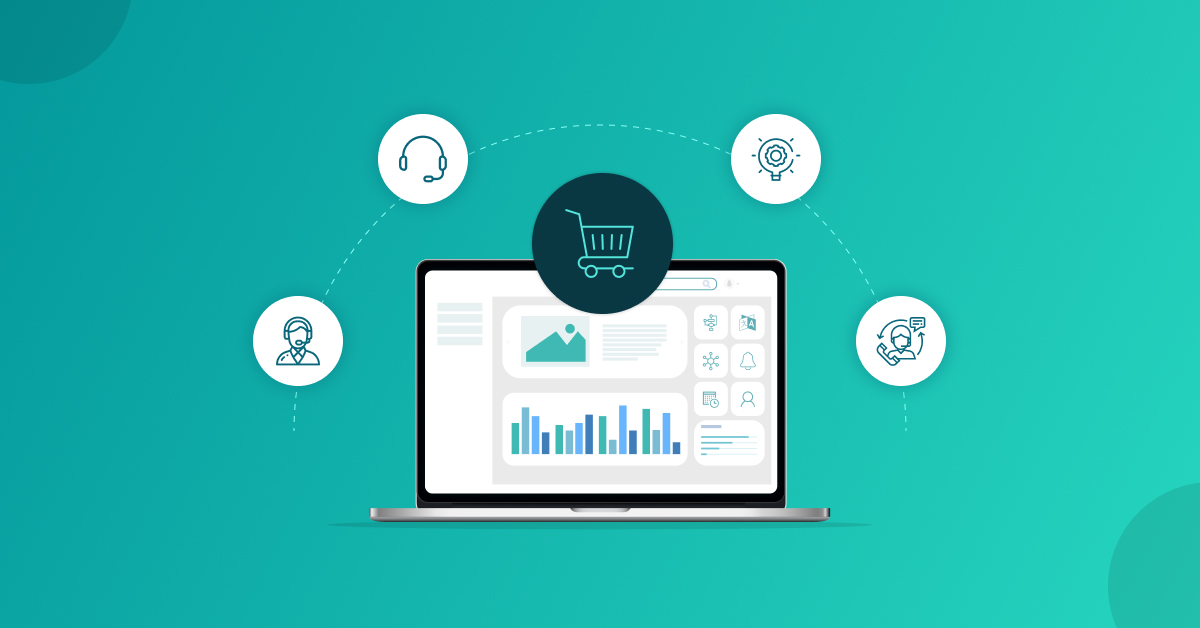Knowledge management software has become a keystone in harnessing organizational wisdom and ensuring information is accessible and useful. With the immense volume of data that businesses generate and manage daily, it’s crucial to have a system in place that collects, categorizes, and retrieves knowledge efficiently. In the digital age, the right knowledge management solution can give companies a competitive edge by promoting learning and innovation. In this article, we will delve into the top features to look for when selecting knowledge management software for your business.
Understanding the Essential Components of Knowledge Management Software

Knowledge mgmt software is essential for organizing and storing information in a way that’s easy to access. Look for systems that support content creation, categorization, and tagging to simplify finding information quickly. Centralized data repositories and advanced search functions with filters like document type or relevance are key features to consider.
Collaboration tools within the software are just as important. They allow employees to share knowledge easily, promoting innovation and teamwork. Make sure the platform includes forums, real-time editing, and is accessible across devices, especially for remote or mobile teams.
Evaluating User-Friendly Interfaces in Knowledge Base Tools
Adopting new technology can be challenging, but a user-friendly interface can minimize training time and encourage frequent use. Intuitive navigation and a clean layout are crucial for frequent engagement. Customization features can enhance productivity and user satisfaction. Knowledge management solutions should allow for customized dashboards and workflows.
Visual hierarchy of information is essential, with clear headings, bullet points, and visual cues to guide users. On-demand help features and tutorials within knowledge management tools can help users solve problems quickly without disrupting their workflow or requiring IT staff. Good design practices and clear visual hierarchy can enhance user experience.
Assessing Integration Capabilities with Existing Systems
In today’s tech-driven world, knowledge management software must seamlessly integrate with existing systems like CRM, ERP, and project management tools to maintain workflow continuity. APIs are crucial for seamless data transfer and functionality. Ensure your chosen solution supports robust APIs for integration with your current tech stack.
Automated workflows can enhance efficiency by reducing manual input, speeding processes, and minimizing errors. Look for software that supports automated triggers based on events in connected systems. Data synchronization should be timely and accurate to ensure all systems reflect the most up-to-date information, ensuring consistency across platforms for decision-making and data integrity.
Ensuring Robust Security Features and Data Protection

Data security is crucial in knowledge management software, with encryption protecting against unauthorized access and breaches. User authentication and authorization controls are essential for defining access levels and maintaining data integrity. Audit trails and user activity logs help monitor usage and track changes over time, providing accountability and identifying discrepancies.
Regular backup capabilities ensure data is not lost in case of system failures or cyber incidents, alleviating the concern of permanent data loss. These features are essential in a knowledge management solution to protect confidential information and maintain data integrity.
Analyzing Advanced Analytics and Reporting Functions in Knowledge Management Systems
Knowledge management systems require robust analytics to effectively manage data. These systems should display usage patterns, popular content, and areas that may need more resources or updates. Trend analysis features help predict future demands and inform strategic planning by analyzing past and current data. Feedback mechanisms within these systems allow users to report issues or suggestions, providing data for improvement and refining knowledge base resources.
Customizable reporting dashboards allow organizations to focus on metrics that matter most to them, such as user engagement, content creation rates, or access logs. This aligns the knowledge management system with business objectives, ensuring efficient and effective resource allocation.
Overall, selecting knowledge management software requires careful consideration of your organization’s unique needs. Prioritizing user-friendly interfaces, seamless integration, robust security protocols, and in-depth analytics can make your system a valuable asset. Reviewing options like knowledge management software can provide insights into available functionalities. Investing in the right system empowers your team, leverages collective knowledge, and drives innovation.
Also Read: Comprehensive Platform for Enhanced User Experience




